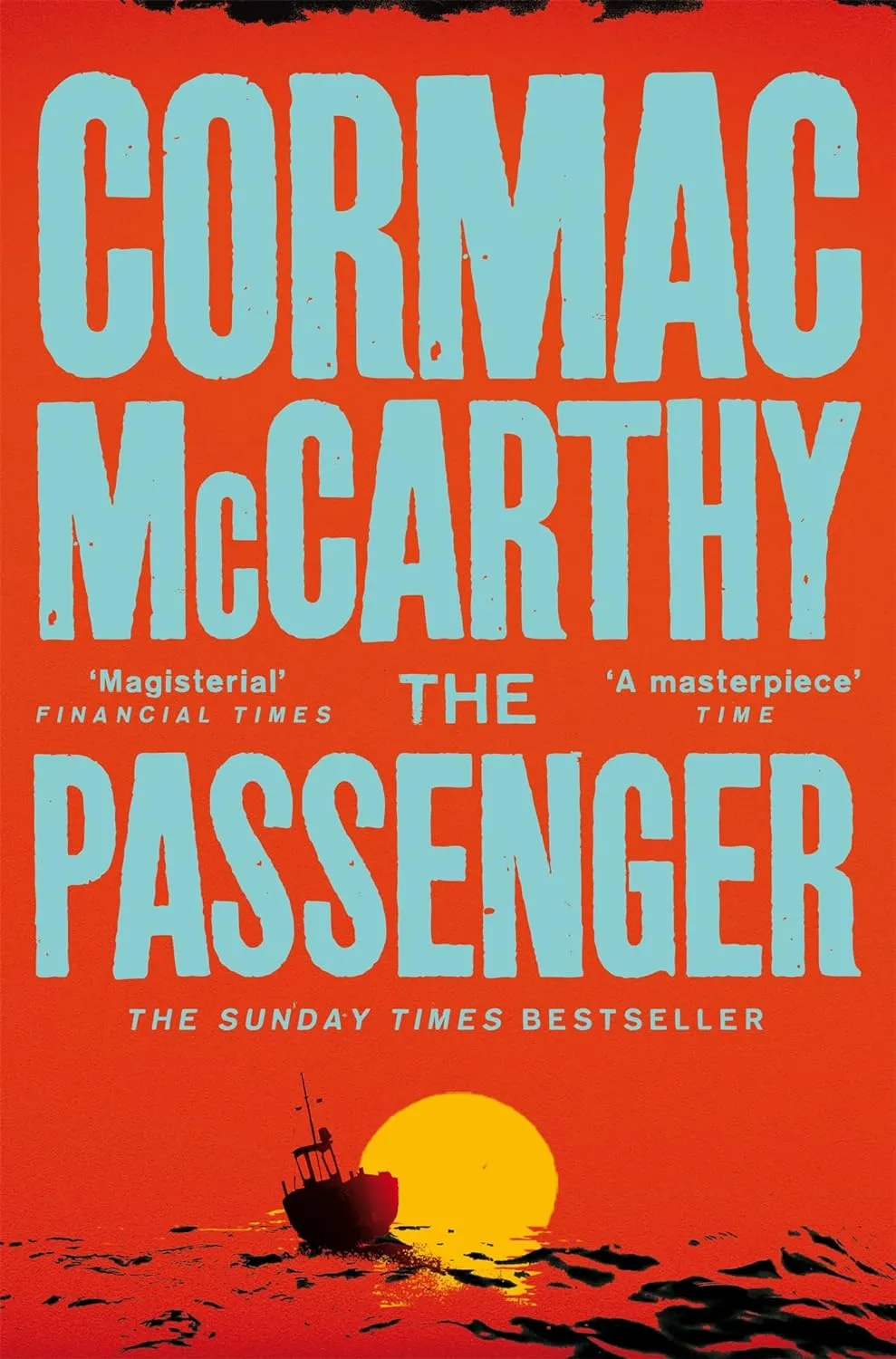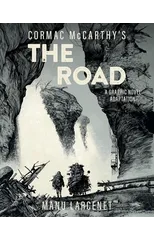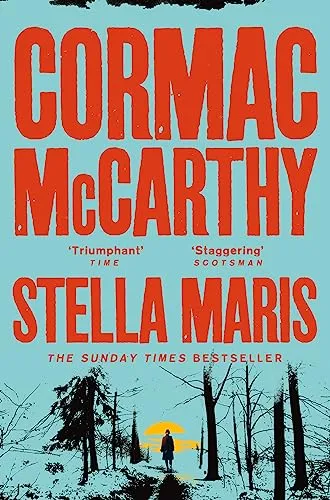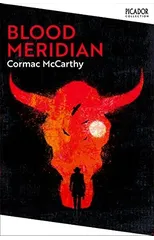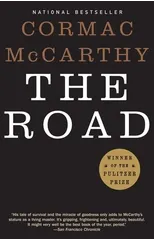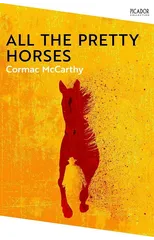'A gorgeous ruin in the shape of a hardboiled noir thriller . . . What a glorious sunset song' - The Guardian It is three in the morning when Bobby Western zips the jacket of his wetsuit and plunges from the boat deck into darkness. His divelight illuminates a sunken jet, nine bodies still buckled in their seats. Missing from the crash site are the plane's black box, and the tenth passenger. But how? A collateral witness to machinations that can only bring him harm, Western is shadowed in body and spirit - by men with badges; by the ghost of his father, inventor of the atom bomb; and by his sister, the love and ruin of his soul. From the bar rooms of New Orleans to an abandoned oil rig off the Florida coast, The Passenger is a breathtaking novel of morality and science, the legacy of sin, and the madness that is human consciousness, and one of the final works by Cormac McCarthy, a true American master.
Cormac McCarthy
Cormac McCarthy is an American novelist known for his dark and intense writing style that often explores themes of violence, morality, and the human condition. His most notable works include "Blood Meridian," "All the Pretty Horses," and "The Road," which won the Pulitzer Prize for Fiction in 2007. McCarthy is renowned for his sparse prose, vivid imagery, and unique blend of realism and poetic language. His contributions to literature have had a profound impact on the literary genre of Southern Gothic and post-apocalyptic fiction. "The Road" is widely considered his most famous work, depicting a father and son's journey through a post-apocalyptic world in search of safety and survival. McCarthy's writing continues to be celebrated for its raw emotion and powerful storytelling.
